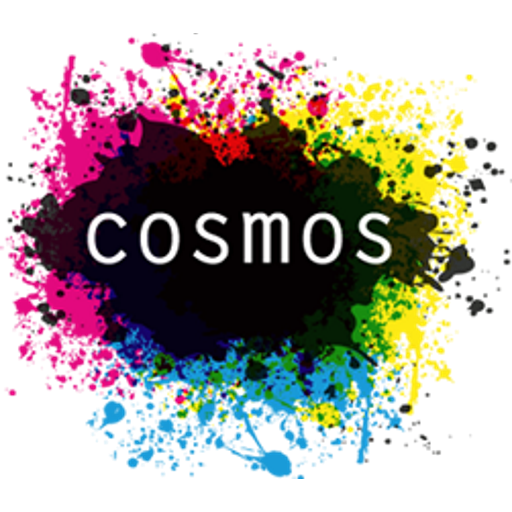5pm – Aula Simone del Pollaiolo, Scuola Normale Superiore, Palazzo Strozzi, Firenze

Latin American “Turn to the Left” consisted in either the consolidation of traditional left-of-centre parties, with strong organisational linkages to the union movement, or the emergence of new anti-neoliberal populist projects that decisively shaped the respective national party systems. Some Southern European countries similarly experienced the rise of new populist parties (Podemos, Syriza and the Five Star Movement) while in Portugal we witnessed the consolidation of the existing left-of-centre parties. This talk, drawing on secondary literature and on an extensive fieldwork conducted in four countries, proposes a middle-range theory in order to explain the eventual emergence of different anti-neoliberal populist parties in the aftermath of a neoliberal economic crisis. The argument also accounts for the heterogeneity of such an ‘Anti-Neoliberal Populism’ category, by looking at the party organization, the relationship with the unions and with the anti-austerity social movements, and the sociological characteristics of the electorates. I thus identify four different categories of “successful political projects” emerged after the critical juncture represented by the crisis: a “Labour-based Left” (in Uruguay and Portugal); a “party-rooted populism” (in Argentina and Greece); a “movement (based) populism” (in Bolivia and Spain); and a “leader-initiated populism” (in Venezuela and Italy).
Journal Article - 2025
Journal Article - 2023
Journal Article - 2023
Journal Article - 2023
Journal Article - 2023
Monograph - 2023
Monograph - 2022
Monograph - 2022
Journal Article - 2021
Journal Article - 2021